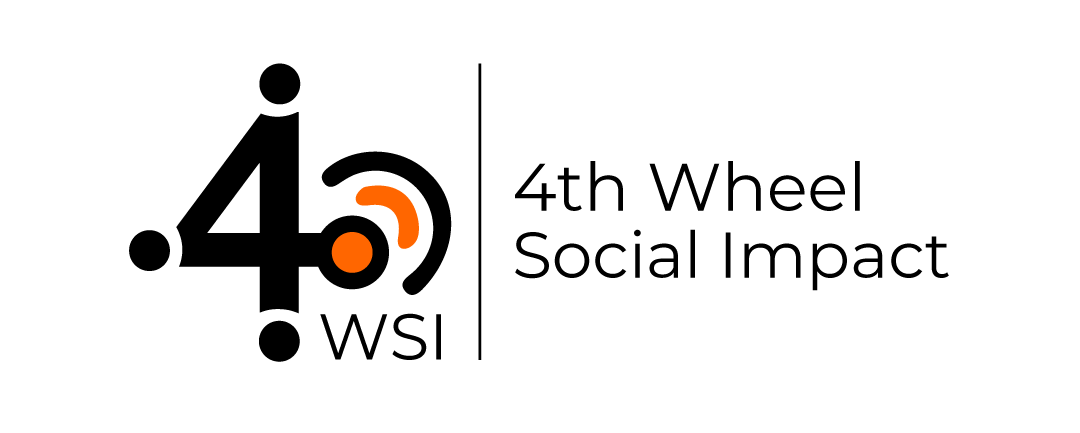Achieving the SDGs: Shaping a path for India
- The 4th Wheel

- Oct 17, 2016
- 3 min read
Updated: Sep 16, 2025
The social development sector today is seeing a global shift towards the Sustainable Development Goals (SDGs) as a successor to the Millennium Development Goals (MDGs), the global development agenda developed by the United Nations.
Contextualizing the SDGs
Adopted by the United Nations General Assembly in 2015, the 17 SDGs with 169 associated targets depict a plan of action to balance the 3 dimensions of sustainable development – economic, social, and environmental – by the year 2030.
“This agreement marks an important milestone in putting our world on an inclusive and sustainable course. If we all work together, we have a chance of meeting citizens’ aspirations for peace, prosperity, and wellbeing, and to preserve our planet.”– Helen Clark, United Nations Development Programme (UNDP) Administrator (United Nations Development Programme, 2015)
India’s Commitment to the SDGs
India was one of the 193 United Nations member states to adopt the SDGs and commit itself as a stakeholder to meet the 2030 agenda for sustainable development. This implies that the global goals should shape all social policy, planning, development action as well as impact monitoring and evaluation at the central, state, regional, and local levels.
“Today much of India’s development agenda is mirrored in the SDGs”– PM Modi at United Nations Summit for Adoption of Post-2015 Development Agenda (NITI Aayog, 2015)
Studies and analysis have repeatedly highlighted that while the MDGs were limited in scope, the SDGs which have been drafted after in-depth consultations and deliberations are much more comprehensive. India was not fully successful in accomplishing its targets for the MDGs. This makes the strategy adopted by the country for accomplishing the SDGs a top concern.
How India can accomplish the SDGs?
An inclusive strategy Planning and policy for social development in the country should reflect on and be designed around the voices of the primary stakeholders – men, women, or children – whom a social policy or programme is addressing. Making development efforts participatory and inclusive, is an indispensable aspect of sustainable development.
Fund allocation through co-financing In the latest union budget for 2015-16, the Government of India has cut back on social sector spending. As per available statistics, India currently has only 5% of the funds required to implement the SDGs (Venkat, 2015). While increasing Government spending in sectors like health, education, sanitation, and nutrition is a direct solution to close this funding gap, the Government of India should promote and incentivize funding from corporate, business, and other for-profit entities as a crucial source for funding the SDGs.
Implementation through collaboration Ban Ki-Moon, the incumbent Secretary General of the United Nations, has emphasized the need for strategic partnerships to solve global challenges. The pressing need for India to effectively execute the new agenda is to revitalise a partnership between key stakeholders. This involved the participation of the public sector/Government, corporate entities who are skilful in managing and multiplying resources, non-governmental organisations, social enterprises, and other development actors who are acquainted with implementing, evaluating, and scaling up social development projects. This could be achieved by creating forums at the national, state, regional, and local levels that will enable interaction between the different development bodies. Moreover, discussion and recognition platforms could facilitate strong collaborations and partnerships that transcend geographical limits.
Credible M&E systems The National Institution for Transforming India – NITI Aayog, the national body that is primarily responsible for the implementation of the SDGs in India, has already conveyed apprehensions on its ability to track and gather data to evaluate comprehensively the accomplishments of the SDG targets. Lack of credible data will be a major roadblock for India in achieving its global goals. A strategy to address this concern could be a complete decentralisation of the data collection process – the Government could tap on regional and local partnerships and build stakeholder capacities to gather and track data.
The way forward
Achieving the vast targets of the Sustainable Development Goals (SDGs) in a country as diverse and widespread as India is bound to be a Herculean task, but not an unachievable one. We need to identify priorities, have locally relevant and people-centric development policies, build strong partnerships, and have a focused plan for tracking and evaluating impact and scaling up successful interventions. The SDGs are f a direction and a vision to ensure for its people prosperity and growth in India– both social and economic.
This blog was written by Rini D’Souza, Associate Consultant for Development Communication at 4th Wheel Social Impact. Her goal is to strengthen documentation and reporting practices of social development organisations to promote sustainable development.




Comments